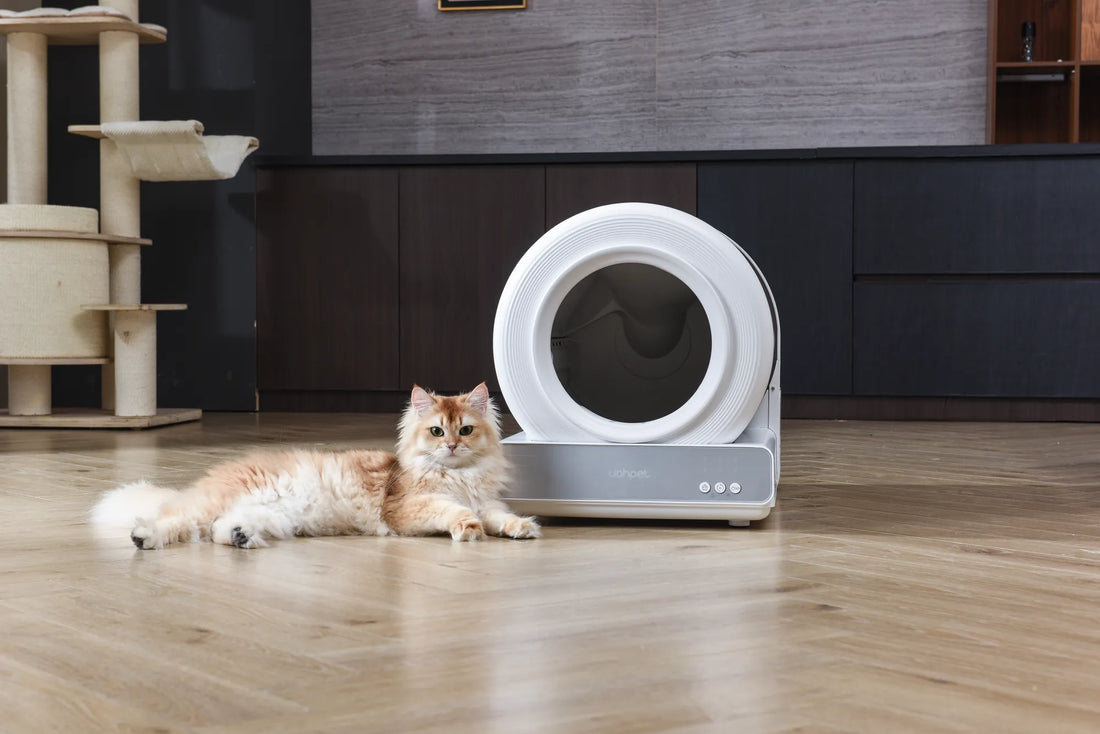If you've noticed your cat going back and forth to the litter box more often than usual, it's natural to feel concerned. This behavior can be a sign of various underlying issues, ranging from minor to serious. Understanding the reasons behind this behavior is crucial for ensuring your feline friend's health and well-being.
Common Reasons for Frequent Litter Box Visits
There are several reasons why your cat might be making frequent trips to the litter box. Some of the most common causes include:
- Urinary Tract Infections (UTIs): UTIs are a common issue in cats and can cause discomfort, leading to more frequent litter box visits.
- Bladder Stones: These can cause blockages and make it difficult for your cat to urinate, resulting in repeated trips to the litter box.
- Diabetes: Increased urination is a common symptom of diabetes in cats.
- Kidney Disease: Kidney issues can lead to increased thirst and urination.
- Behavioral Issues: Stress or anxiety can sometimes cause changes in litter box habits.
When to Seek Veterinary Help
If your cat's frequent litter box visits are accompanied by other symptoms such as straining to urinate, blood in the urine, or lethargy, it's essential to consult a veterinarian. Early diagnosis and treatment can prevent more severe health issues.
How to Monitor Your Cat's Behavior
Keeping a close eye on your cat's behavior can help you identify any changes that might indicate a problem. Here are some tips:
- Track Frequency: Note how often your cat visits the litter box and any changes in their urination habits.
- Observe Behavior: Watch for signs of discomfort or distress while your cat is using the litter box.
- Check for Other Symptoms: Look for additional symptoms such as changes in appetite, weight loss, or unusual lethargy.
Preventive Measures and Care
Taking preventive measures can help reduce the risk of health issues that lead to frequent litter box visits. Here are some steps you can take:
- Provide Fresh Water: Ensure your cat has access to clean, fresh water at all times to support kidney health.
- Balanced Diet: Feed your cat a balanced diet that meets their nutritional needs.
- Regular Vet Check-ups: Routine veterinary visits can help catch potential health issues early.
- Stress Reduction: Create a calm and comfortable environment to reduce stress and anxiety.
Understanding Your Cat's Needs
Every cat is unique, and understanding your cat's specific needs can help you provide the best care. Pay attention to their behavior and make adjustments as needed to ensure their comfort and health.
If you're ever in doubt about your cat's health, don't hesitate to seek professional advice. Your veterinarian is your best resource for ensuring your cat's well-being.
By staying vigilant and proactive, you can help your cat maintain a healthy and happy life. Frequent trips to the litter box might seem like a small issue, but addressing it promptly can make a big difference in your cat's overall health.














